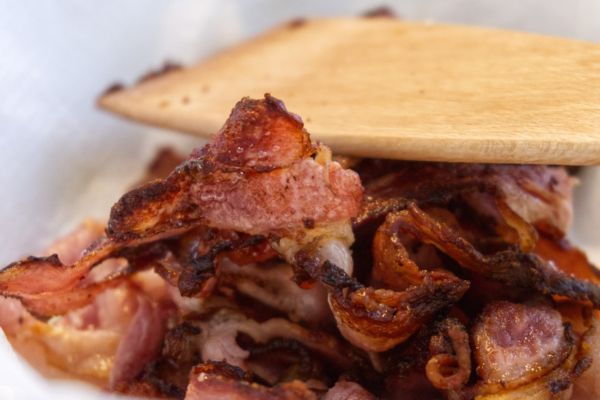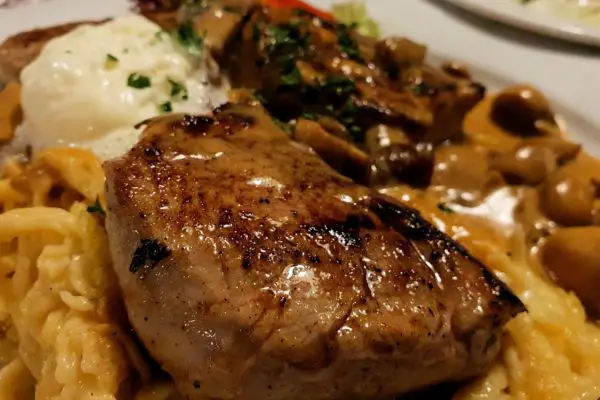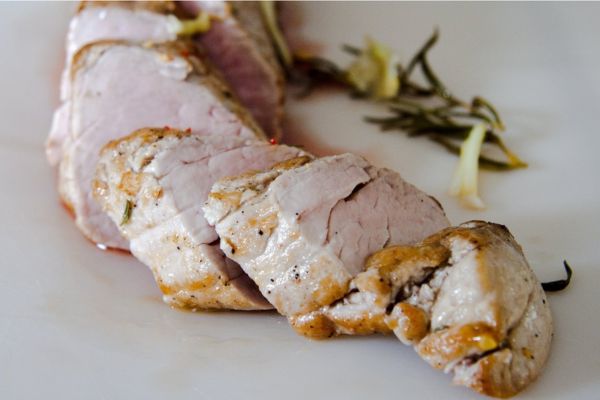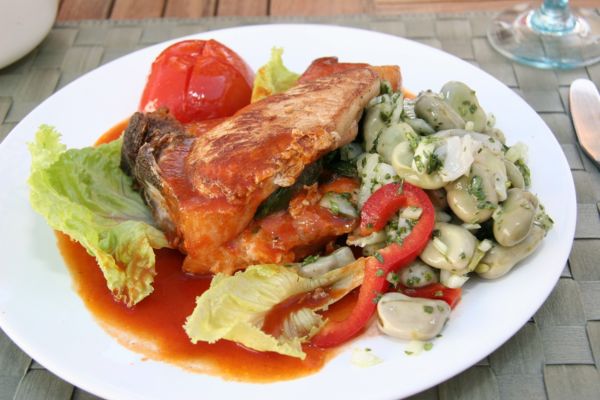
Knowing how to know when hard-boiled eggs are done is essential for achieving perfectly cooked eggs every time. Whether you prefer a firm yolk or something a bit softer, it’s important to recognize the signs that indicate your eggs are ready. Using a few simple techniques, you can easily determine when your hard-boiled eggs are cooked to your liking, ensuring that you avoid any undercooked or overcooked results.

1. How To Know When Hard-Boiled Eggs Are Done By Checking the Cooking Time
Cooking time is the most straightforward way to know when hard-boiled eggs are done. The ideal cooking time for hard-boiled eggs is generally 9-12 minutes, depending on the size of the eggs and the desired consistency of the yolk.
- Small eggs: 9 minutes for a fully cooked yolk
- Medium eggs: 10 minutes for a firm yolk
- Large eggs: 11-12 minutes for a thoroughly cooked yolk
It’s important to keep in mind that as soon as your timer goes off, you’ll want to act quickly. Knowing how to know when hard-boiled eggs are done using this method involves immediately transferring the eggs to a bowl of ice water to stop the cooking process. This quick chill not only halts the cooking but also makes peeling the eggs easier, and it prevents the yolks from turning green due to overcooking.
Read more:
2. Spin Test: Simple Yet Effective
If you’re looking for a fun and easy way to check your eggs, the spin test is a classic method to know when hard-boiled eggs are done.
After boiling, place the egg on a flat surface and give it a quick spin. If the egg spins smoothly and rapidly, it’s fully cooked. However, if it wobbles or spins slowly, the egg is likely undercooked. This method works because the solid center of a cooked egg allows it to spin freely, while the liquid interior of a raw or undercooked egg causes imbalance.
Understanding how to know when hard-boiled eggs are done using the spin test is a great trick to keep in your back pocket, especially when you’re in a rush or don’t have the time to peel and inspect.
3. Peel and Inspect
If you want to be absolutely certain about the doneness of your eggs, peeling one of them is an effective way to check. Gently crack the shell, and carefully peel off a section to inspect the egg white and yolk. If the egg white is firm and the yolk is a solid, opaque yellow, your egg is fully cooked. If the yolk is still slightly translucent or the egg white is runny, it needs more time.
Knowing how to know when hard-boiled eggs are done by peeling and inspecting is particularly useful when you’re aiming for a specific yolk consistency, such as slightly jammy for soft-boiled eggs or fully cooked for hard-boiled eggs. While peeling an egg just to check it might seem like extra work, it’s worth it to ensure you’ve reached your desired level of doneness.
4. Use a Thermometer for Precision
For those who love precision in cooking, using a food thermometer is the most accurate way to know when hard-boiled eggs are done. The ideal internal temperature for a hard-boiled egg is 160°F (71°C).
To check, carefully insert the thermometer into the center of the egg after peeling a small section of the shell. If the temperature reads 160°F, your egg is perfectly hard-boiled. This method is especially helpful when cooking a large batch of eggs and you want consistent results across all of them.
Using a thermometer takes the guesswork out of the process and gives you confidence that your eggs are cooked to perfection every time.
5. Visual and Tactile Cues
Lastly, don’t overlook the power of your senses. Visual and tactile cues can also help you determine when hard-boiled eggs are done. Fully cooked eggs tend to have a slightly darker shell compared to raw eggs, and the shell feels more solid when tapped. Additionally, the egg should feel firm when you squeeze it gently.
Knowing how to know when hard-boiled eggs are done by using visual and tactile cues can be a quick and intuitive method, especially if you’re familiar with the look and feel of a perfectly cooked egg. Over time, you’ll become more attuned to these cues, making it even easier to gauge doneness without any tools.
Mastering how to know when hard-boiled eggs are done is a valuable skill that can elevate your cooking. By learning and practicing these methods, you’ll find that achieving the perfect hard-boiled egg is easier than you might have thought. With these techniques in your culinary toolkit, you’ll be able to enjoy hard-boiled eggs exactly the way you like them every time, without the guesswork.






